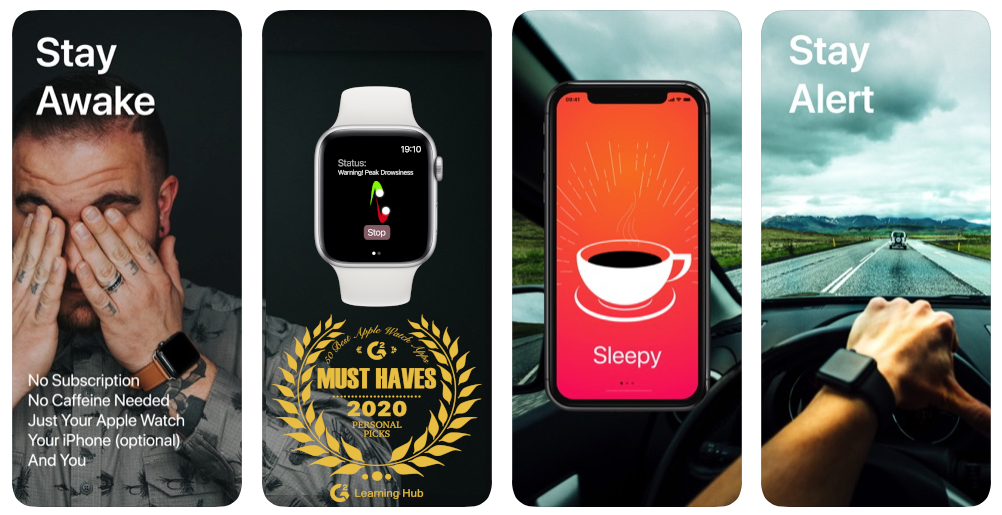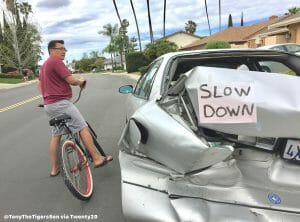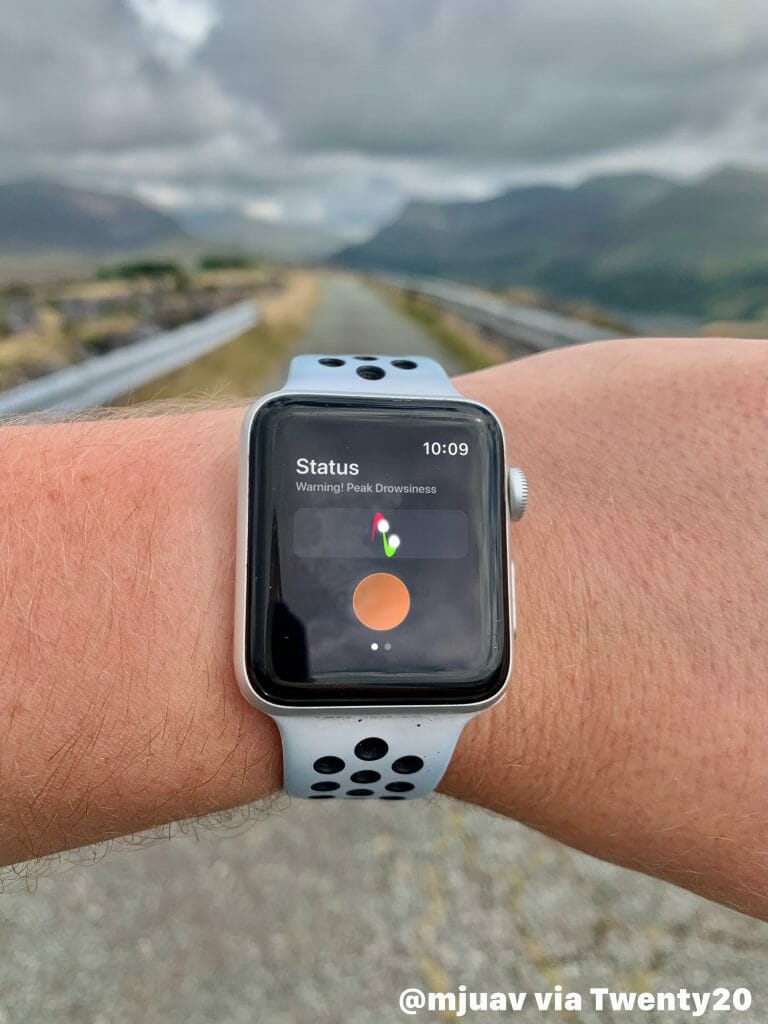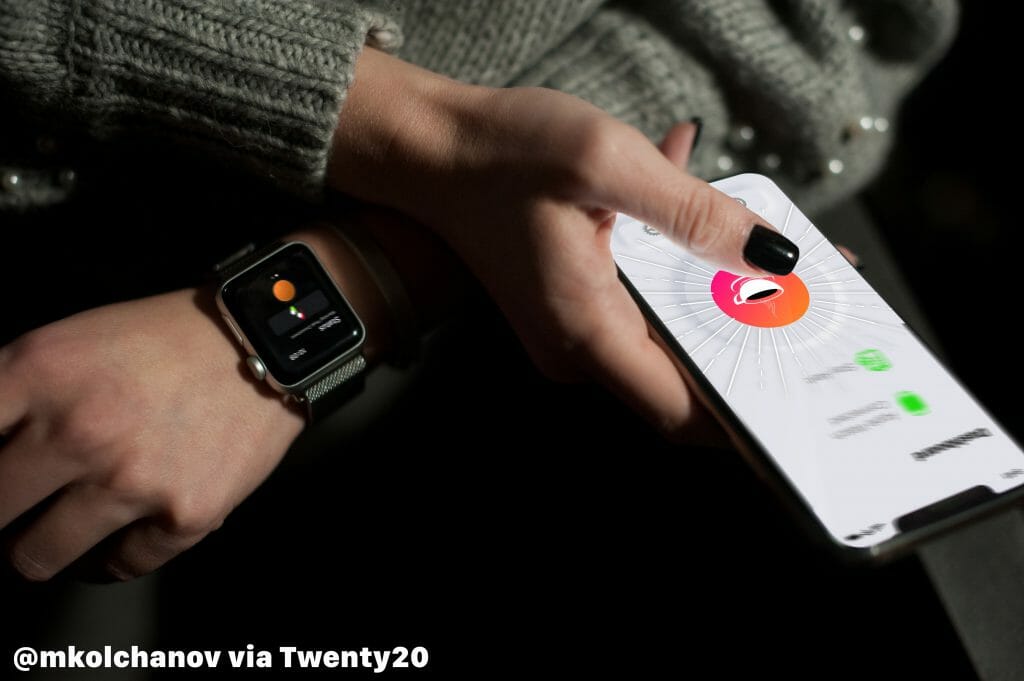Struggling to Stay Awake During a Long Day?
“What!? Another unrealistic deadline? When am I supposed to rest and recover? And what about the quality of the work you’re asking us to produce?” I yelled at my team lead.
Listen To What Your Body Is Telling You
If you don’t hear, you will feel
“What!? Another unrealistic deadline? When am I supposed to rest and recover? And what about the quality of the work you’re asking us to produce?” I yelled at my team lead.
I had got to my breaking point and lost control for a brief moment. As I gathered myself together I thought of what had lead up to this point. The past month had been like being in bootcamp.
The mountain of work didn’t seem to be reducing, in fact it felt like there was more added every day. The stressful days and nights spent at my desk seemed to blur into one long day.
Now, with this last deadline, it was too much to take, I could go on no more.

The Long Day
The stress had taken it’s toll. I was finding it difficult to sleep at night and when I did eventually nod off, when I woke, it felt as though I hadn’t slept. This had the effect of making me feel very irritable and lethargic and made it almost impossible to concentrate whilst working.
My fellow team mates would complain about the same thing. Each of us shared with the other members of the group the strategies that they were using, but the common consensus was that coffee or caffeine was the way to go.
To some people’s amusement and surprise I said no to coffee. “Here’s the martyr!” one guy would mock. It irked me, but I carried on and tried to ignore the taunts.
They drank coffee and some took caffeine pills, whilst I drank water and took regular walking breaks (with the odd nap when I could find a quiet place to snooze, like the local library down the road).
Struggling to Make it Through the Day
At the start of our work marathon, those that were inclined to drink coffee seemed to be pulling away. They appeared more alert during our daily meetings and ready to do whatever our bosses told them without question.
But things started to change. I noticed that we were having a lot more discussions about why the work that had been done wasn’t good enough. At first I thought I was lucky because it wasn’t my work, but the drop in quality impacted the whole team.
Those that seemed to be doing well at first and were full of enthusiasm for the unrelenting workloads, started to complain and blame others for their work not been up to par.
Had I not had my own bad experiences of caffeine crashes over a period of time I would of put this all down to stress. But I couldn’t help but notice that some of my colleagues were displaying the symptoms of consuming too much caffeine, such as:
- Irritability
- Headache
- Restlessness
- Agitation
- Anxiety
- and Depression
Others complained of not being able to sleep (although this may be due to the stress of worrying about making our deadline). Unfortunately for some of them, they found themselves falling asleep at their desks (which management didn’t find very impressive). And as we got closer to the deadline, things became worse.
It was as though a good portion of our team had become possessed, and we couldn’t do anything about it!
Some Useful Options
It wasn’t long before some of our team noticed that I seemed to be unfazed by it all and they began asking questions, indirectly of course. “So why don’t you drink coffee? Is it a religious thing?”, “How do you cope? I couldn’t start the day without coffee!”
I found that I would be answering with the same points over and over again. So I printed them out and put them on my desk. When people asked or brought it up, I would point to it:
- Avoid Caffeine
If you find it difficult, start slowly and try reducing the amount you consume. When you feel the withdrawal, although it doesn’t feel like it, know that you are making progress and stick with it. At the end of it all you’ll feel like a completely different person. - Eat Healthily
Eat more iron and magnesium rich foods as a deficiency in either one can make you feel drained. For iron eat spinach and beans; for magnesium, nuts such as cashews and almonds. Eggs are good for protein and are a good source of B vitamins that help turn your food into energy. Eat fruits that are high in vitamin C, like oranges, strawberries, pineapples and kiwis, as they help body fat to be used as energy. - Stay Hydrated
Drink lot’s of water. Dehydration makes it difficult for us to focus and concentrate. Being hydrated helps reduce drowsiness. - Know When You Are Tired And Act Accordingly
Probably the most important point of all. Most of us don’t realise when we are tired and get frustrated when we can’t do more. Coffee (caffeine) only masks the tiredness. And it does so at the expense of your body’s ability to sleep and recover, eventually leading to you become dependent on caffeine to stay awake and then wondering why you can’t sleep when you go to bed at night; all whilst during the day thinking that something is wrong with you when you feel tired.
This is why I lost it with my team lead. There was no consideration for the long term health of our team. I knew that I was tired and couldn’t allow anyone to risk my health over an arbitrary deadline which could have been handled better with proper planning.
In Summary
Although it was a stressful time, I’m glad that we went through it. It showed me that by being consistent I was able to handle a difficult situation without having to resort to a substance to make me feel that I could make it through.
I even helped some people to at least abstain from caffeine for a while and a few said that they felt better and had better sleep then they’ve had in a long time.
And the ace in the hole was that my team lead now considers how we are coping with our current workloads, and although they are still heavy, we now plan how we can spread the load to get things done.
If you’re thinking about giving up caffeine (or want to reduce the amount you consume) then print out the following points to help remind you of what to do when the withdrawal symptoms kick in:
- Avoid Caffeine
- Eat Healthily
- Stay Hydrated
- Know when you are tired
- Get better quality sleep
Afterword
Since that period at work, the team has their ups and downs but generally we work better together, or perhaps we have more patience and understanding when dealing with each other.
During these difficult times, I think it would be best if we each showed more patience and understanding towards other people.
A kind word or even a smile goes a long way these days.
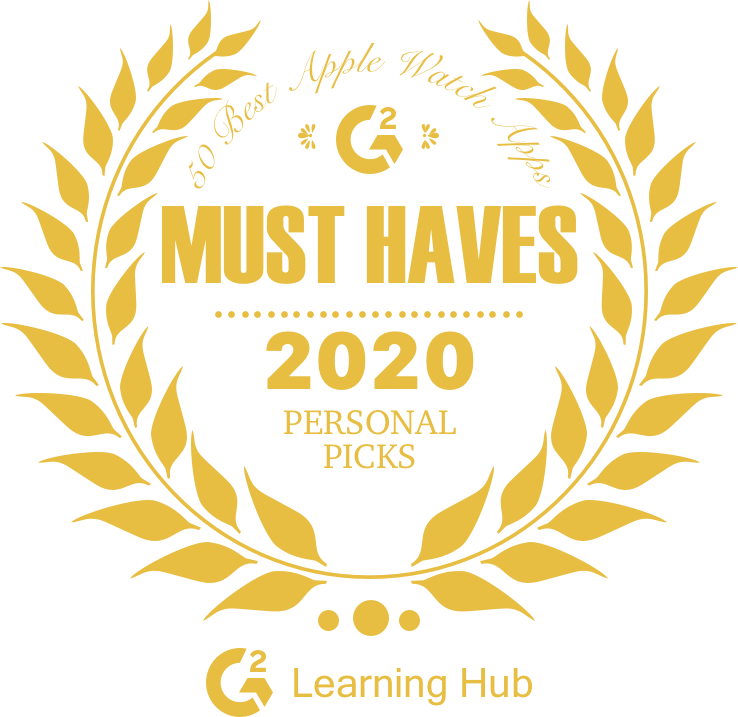
Now available on the App Store, download it now!
